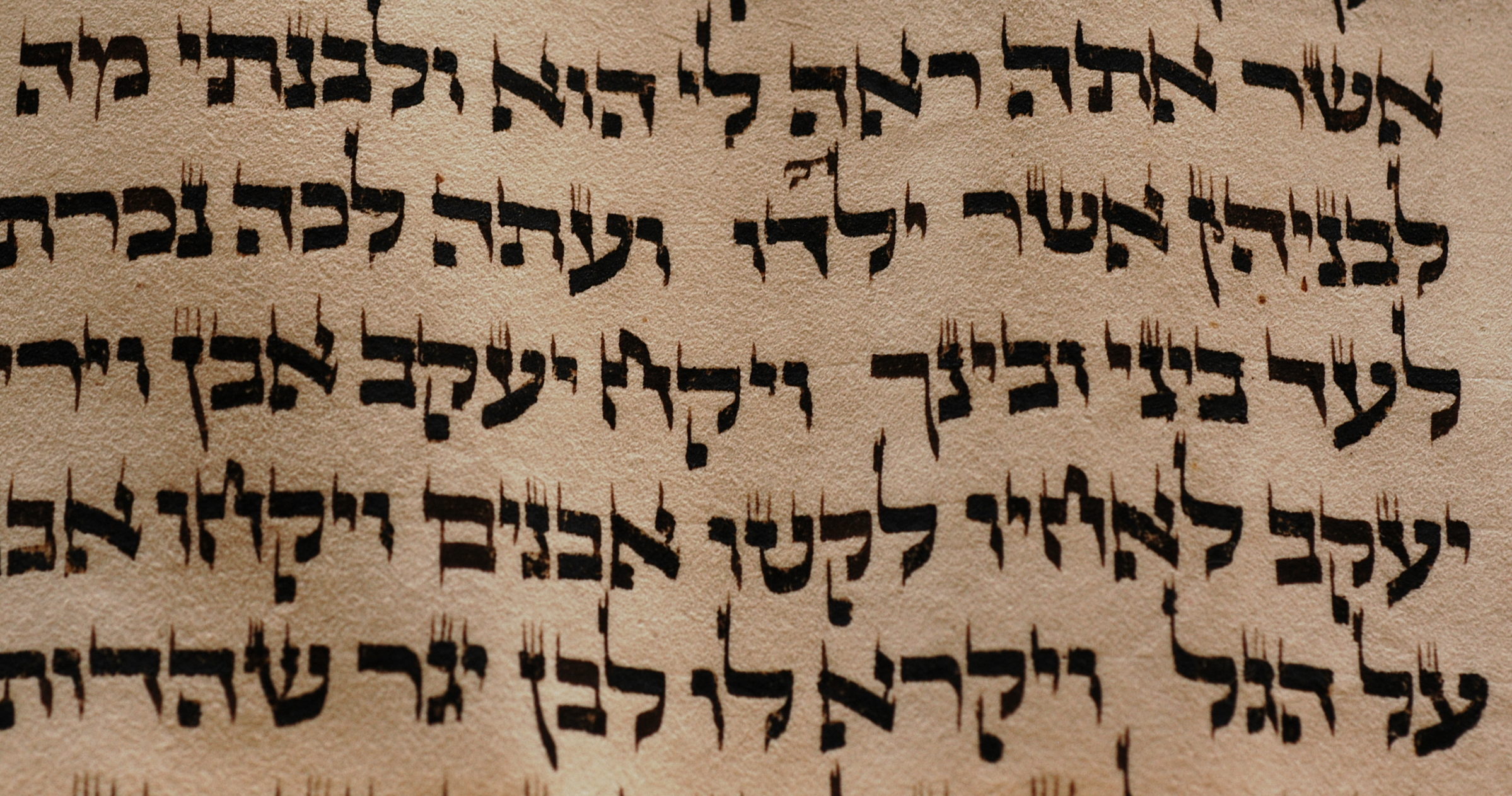Each year, I typically read through the Bible using the ESV Study Bible plan. It contains four readings each day from Old Testament history, psalms and wisdom literature, prophecy, and the New Testament.
I’ve written before about how you can use a daily Bible reading plan to keep up your Greek by reading Greek devotionally, and how you might also use such a reading plan to work on multiple languages by reading some in a different language each day.
Because I’m much better at motivating myself to read Greek, I constantly have to be finding new challenges to keep up my Hebrew. My latest idea stems again from my daily reading plan.
For some reason unknown to me, the plan has you read parts of the Bible twice in the year. Repeats include Isaiah (!), Luke, Romans, and Psalms. This is my least favorite aspect of the plan, especially since many days have 2 chapters in one section, often in the prophets. This could easily be fixed by spreading out the reading more and not repeating four long biblical books. If someone would do this, the plan would be nearly perfect.
This year, to compensate for this strange feature of the plan, I decided I would simply not read the repeats. On days when I am supposed to read a repeated book, I instead use that time to read one of the other three readings in one of the languages I’m trying to keep up with. That means I will only read the psalms for the first 150 days of the plan. Then comes the wisdom literature, but that division of the plan ends the last 150 days of the year by repeating the psalms.
Instead of reading the psalms again in English, I’ve decided to spend about 10 minutes each day reading the psalms in Hebrew. But here’s the kicker. If you’re like me, you get great satisfaction out of finishing something. If you’re working on a biblical language, it’s incredibly helpful for your motivation to finish an entire paragraph, section or chapter.
So the thought occurred to me: what if I started with the shortest psalm, then moved to the next shortest, and so on? Starting with the shortest psalm (Ps 117) and moving toward the longest (Ps 119) would allow me a continual sense of accomplishment as I complete entire psalms, especially in the early weeks.
I crowdsourced my favorite Facebook group, Nerdy Language Majors, to ask if anyone had such a list. Jim Barr at BibleWorks was kind enough (as always) to help me by generating a list for me from BibleWorks. He counted repeated words within a psalm as only one word (so “praise” in Ps 150 occurs 13 times, but is only counted as 1 “word” for the search). The shortest psalm is Ps 117, with 20 different words. The next shortest is Ps 134 with 33 words. The second longest psalm is Ps 78 with 782 different words. Finally, Ps 119 is the longest with 1,340 words.
You can Psalm-words-list (courtesy of Jim Barr) for yourself.
If you want to run this search yourself, do the following (courtesy of Mark Cannon of BibleWorks):
1. Set search limits to Psalms by typing l psa on the Command Line and hit <Enter>.
2. Set the Search Version to the WTT by typing wtt on the Command Line & hit <Enter>.
3. Run a search on the Command Line for every word by typing .* and hit <Enter>. That highlights every word in Psalms as a search it.
4. Display the Stats tab in the Analysis Window and use the option to show # vss in chapter with a hit, set the order to Ascending and Detail Level to Chapter. And you’ve got the shortest to longest Psalms.
What about your creative methods for stay motivated with Hebrew? Share in the comment section below for the rest of us.


2 comments